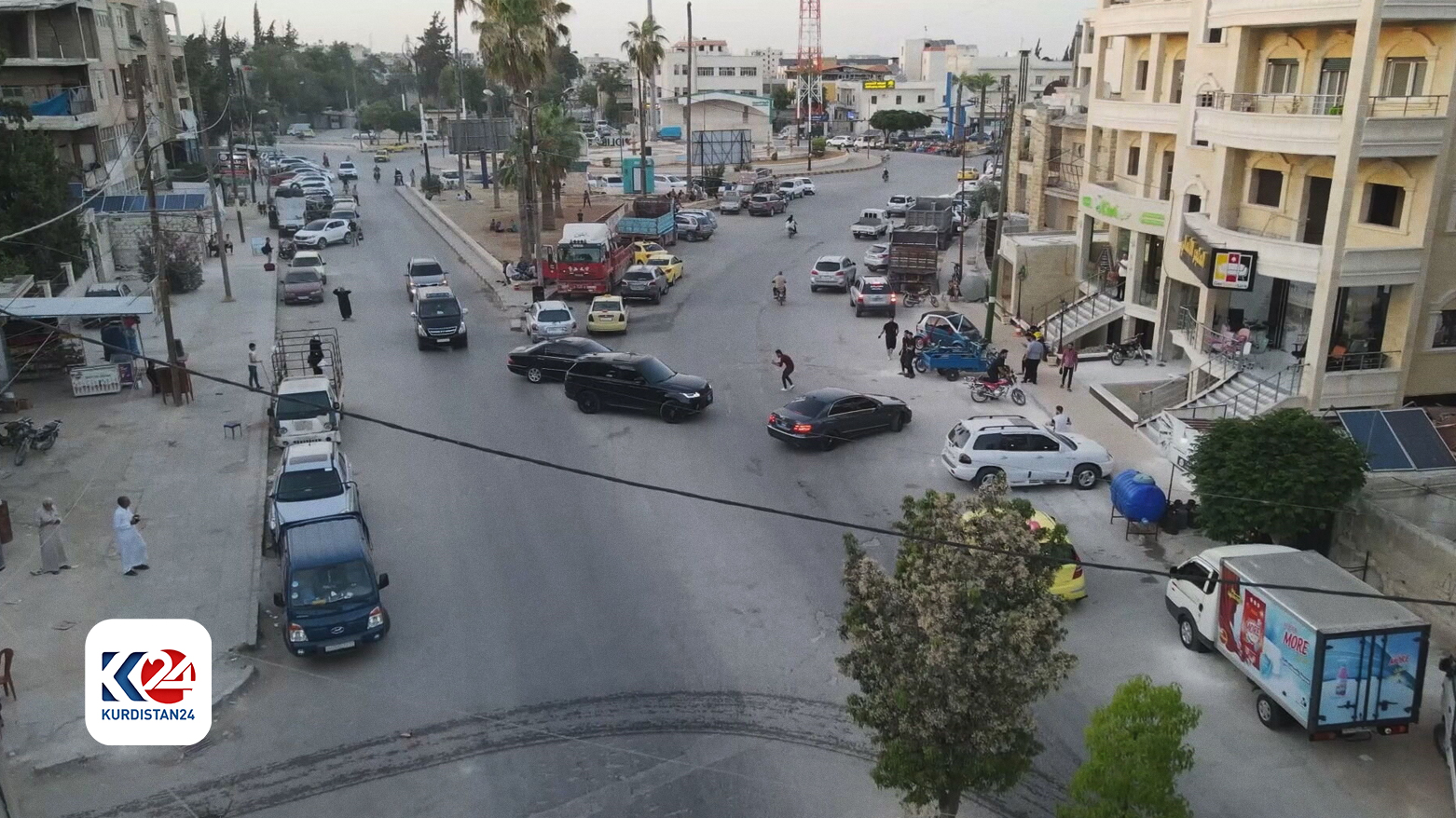Ongoing Arabization in Afrin amid demographic shifts, cultural destruction
Following the occupation of Afrin, the Turkish government has been expelling Syrian refugees intermittently and relocating them to Afrin city and its surrounding villages through militia groups.

ERBIL (Kurdistan 24) – The process of Arabization in Afrin (Efrîn) and its surrounding areas by Turkey and its militia groups continues, aiming to change the demographics and remove the Kurdish identity from this part of northwest Syria (Rojava).
Efforts to alter the demographics of Afrin include Turkish-backed militia groups occupying Kurdish properties, destroying olive groves, and distorting the natural landscape of the region.
Concurrently, Turkish authorities are repatriating Syrian Arabs and settling them in Afrin, thereby accelerating the Arabization campaign.
Following the occupation of Afrin, the Turkish government has been expelling Syrian refugees intermittently and relocating them to Afrin city and its surrounding villages through militia groups.
Mohammed, a refugee from Idlib, recounted his forced relocation, saying, “The Turkish government forcibly expelled my family and me and forced us over the Syrian border. We have been living in Afrin ever since. We are not from Afrin, but from the town of Maarat Numan in Idlib. Our life is too hard here; we were refugees before, but we are displaced now."
In addition to occupying Kurdish homes, dozens of refugee families from Idlib, Aleppo, and Deir ez-Zur provinces have been settled in camps around Afrin. Each family has a unique story of expulsion from Turkey and resettlement in Afrin.
Khalid Ahmad, another refugee, shared, "I was in Istanbul when I went to work. I was arrested and forcibly sent to Afrin. I have no one in Afrin now."
Hamida Salim, an elderly woman, expressed her desire to return home, saying, "I have no other demands. I have been away from my hometown for 12 years, and I just want to return to my hometown."
On March 20, 2018, after 58 days of fighting, Turkish-backed militia groups occupied Afrin and its surroundings, displacing tens of thousands of Kurdish citizens. According to the European Center for Kurdish Studies, in Jindires, after six years of occupation, only 8,883 Kurdish families remain in Afrin, while 42,000 Arab families from Damascus, Idlib, and other parts of Syria have been settled on Kurdish properties.
In addition to demographic changes, hundreds of thousands of olive trees have been cut down, and thousands more have been uprooted and moved elsewhere. Most archaeological sites have been excavated, and many artifacts stolen by Turkish soldiers and militia groups.
The Human Rights Organization in Afrin reported that more than 50 historical monuments and religious shrines have been excavated, and over 20,000 archaeological objects transported to Turkey. Notable sites affected include Jindires Hill, Nabi Houri Castle, Simeon Castle, and Dederiyeh Cave.
Afrin is home to many historical sites, including the tomb of Saint Maron and 25 historical hills, most of which are located along the Afrin River and date back to 2000 BC.